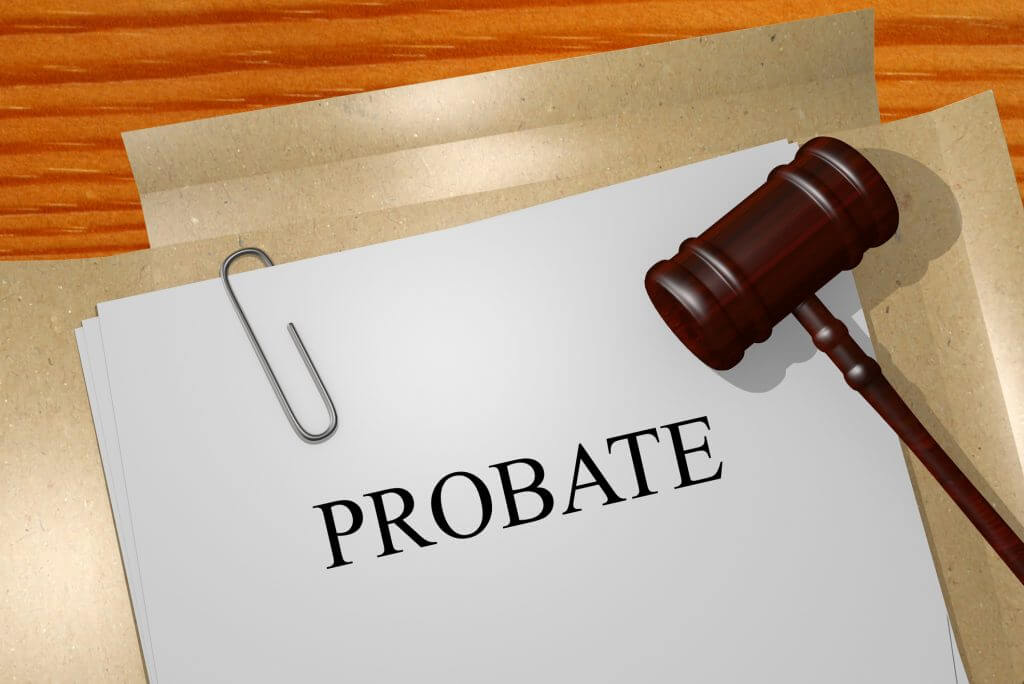Don't Make Your Loved Ones Cry Twice
Planning Now For Your Future

Estate Planning - When you plan for yourself
A legally binding document authorizing another individual (agent) to make financial decisions on your behalf during your lifetime, in the event that you are unable to do so.
A legally binding document granting authority to another individual (agent) to make medical decisions on your behalf during your lifetime, should you become incapacitated.
A legally binding document providing specific instructions to your healthcare provider or doctor regarding your end-of-life care, such as the use of life support, cardiopulmonary resuscitation (CPR), and feeding tubes.
A legally binding document outlining your directives for the distribution of your property and assets following your death.
A legally binding document where you appoint another individual (trustee) to hold title to your property for the benefit of a third party (beneficiary).
A deed establishing a beneficiary for your real property, similar to designations on bank accounts, retirement accounts, or vehicle titles.
Adult Guardianship - When the court (or someone else) plans for you
A court-appointed individual (guardian) authorized to make financial decisions on your behalf during your lifetime, in the event you become incapacitated.
A court-appointed individual (guardian) authorized to make medical decisions on your behalf during your lifetime, should you become incapacitated.
An individual designated to manage limited property or income, such as Social Security or VA benefits, potentially eliminating the need for a guardian or power of attorney.


Probate Administration – Where your assets go after your death
Your property is distributed according to the instructions you have outlined in your Last Will and Testament.
Your property is distributed to your relatives in a specific order determined by state law.
In the absence of known living relatives, your property reverts to the state government as mandated by law.
